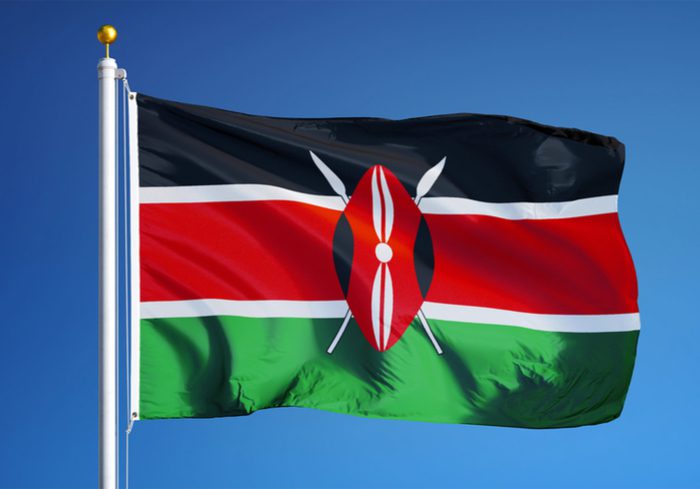American technology company has began placing a 16 percent Value Added Tax(VAT) on all Google Play Store purchases carried out in Kenya.

The decision by Google is as a result of the introduction of the Digital Tax Law in Kenya which was implemented in January of 2021.
Since the 8th of April 2021 Google which deals primarily in services and products related to the Internet has been charging, determining, and remitting a Value Added Tax (VAT) of 16 percent for all paid application and in application purchases carried out on Play Store, in Kenya.
Analysts believe that the costs of paid mobile applications and in application purchases will and have become significantly more expensive as a result of the digital tax.

The 16 percent Value Added Tax (VAT) will still be applicable to purchases by Kenyan customers even when they are not situated in Kenya. The technology giant; Google, will make sure that the applicable taxes for the paid application and in application purchases carried out by customers in Kenya, are sent to the appropriate authority which is the Kenya Revenue Authority (KRA). This means that you will not have to separately calculate and or remit the 16 percent Value Added Tax (VAT) for Kenya for the affected customer purchases.
Google will in addition to make use of pricing for Kenya that will be reflective of the 16 percent Value Added Tax (VAT). This means that the prices that will be displayed on Google Play will include the 16 percent Value Added Tax (VAT) regardless of where in the world your business is located.

The change affects all customer paid application and in application purchases carried out on Play Store, in Kenya.

To be clear as soon as you use a paid mobile application or carry out an in application purchase through any application downloaded from Google Play, the transaction will attract a Value Added Tax (VAT) of 16 percent and Google will automatically carry out said tax charges.
Over the course of 2021 other international digital service providers and local digital service providers will begin to start implementing the new Digital Tax to show that they are compliant and to also avoid the risk or losing their licenses to do business in Kenya
It is expected that other digital utilities like the numerous e-commerce platforms and taxi-hailing services with operations in Kenya, will also implement measures similar to what Google has executed.
How informative was this article? Are there any other news topics, categories, or How To topics, that you would like us to write on? Feel free to reach out to Mpesa Pay in the comment section.


